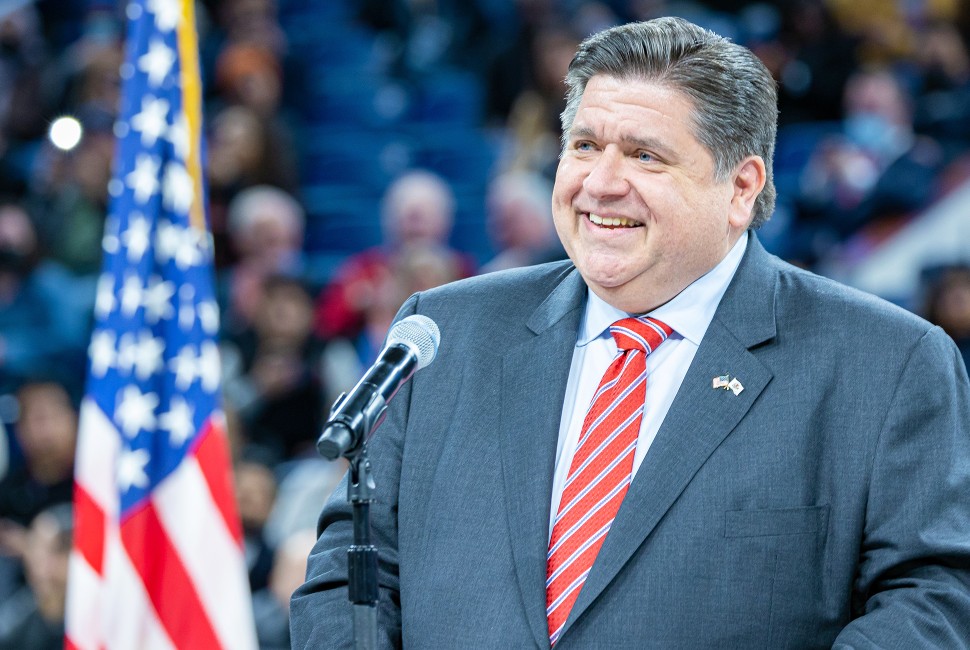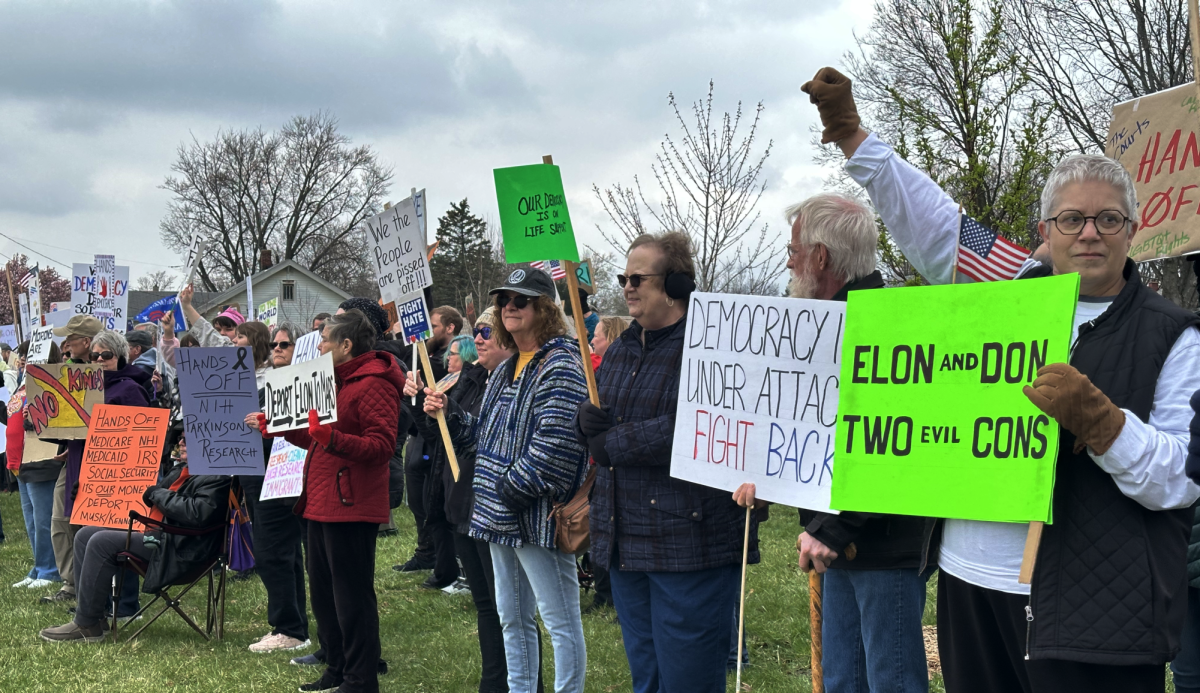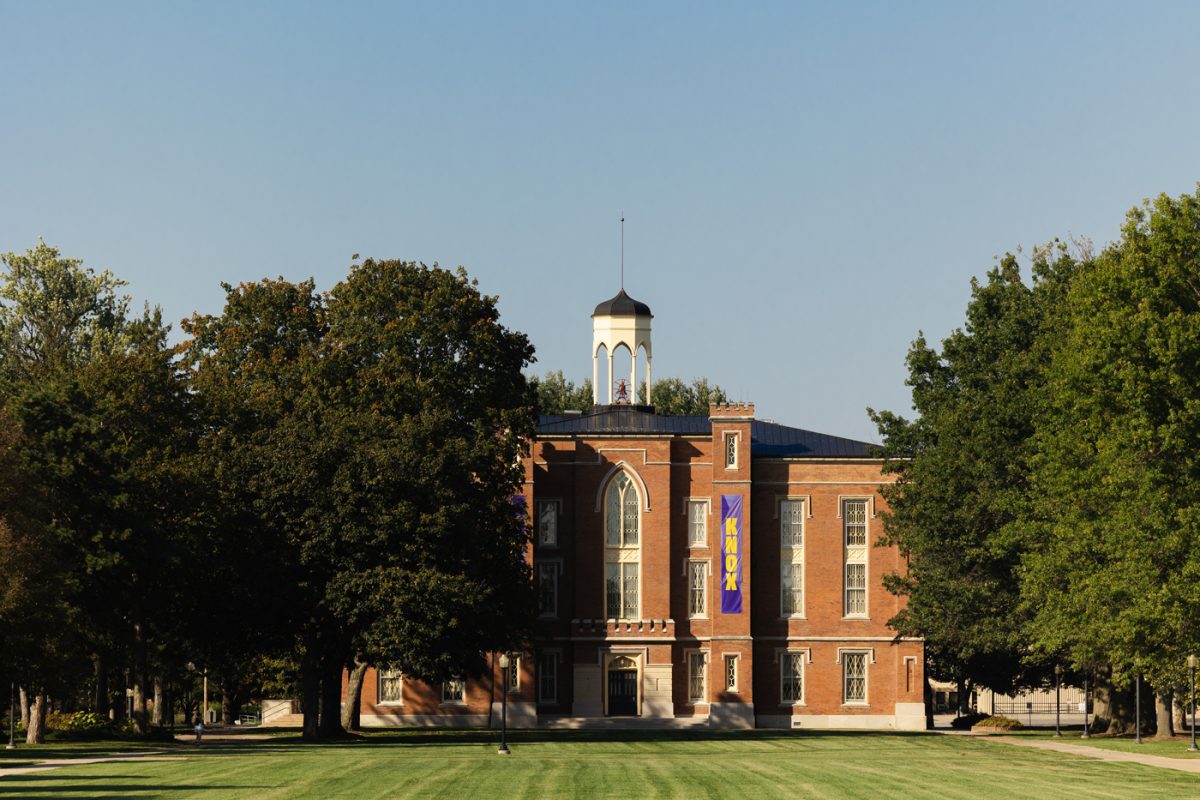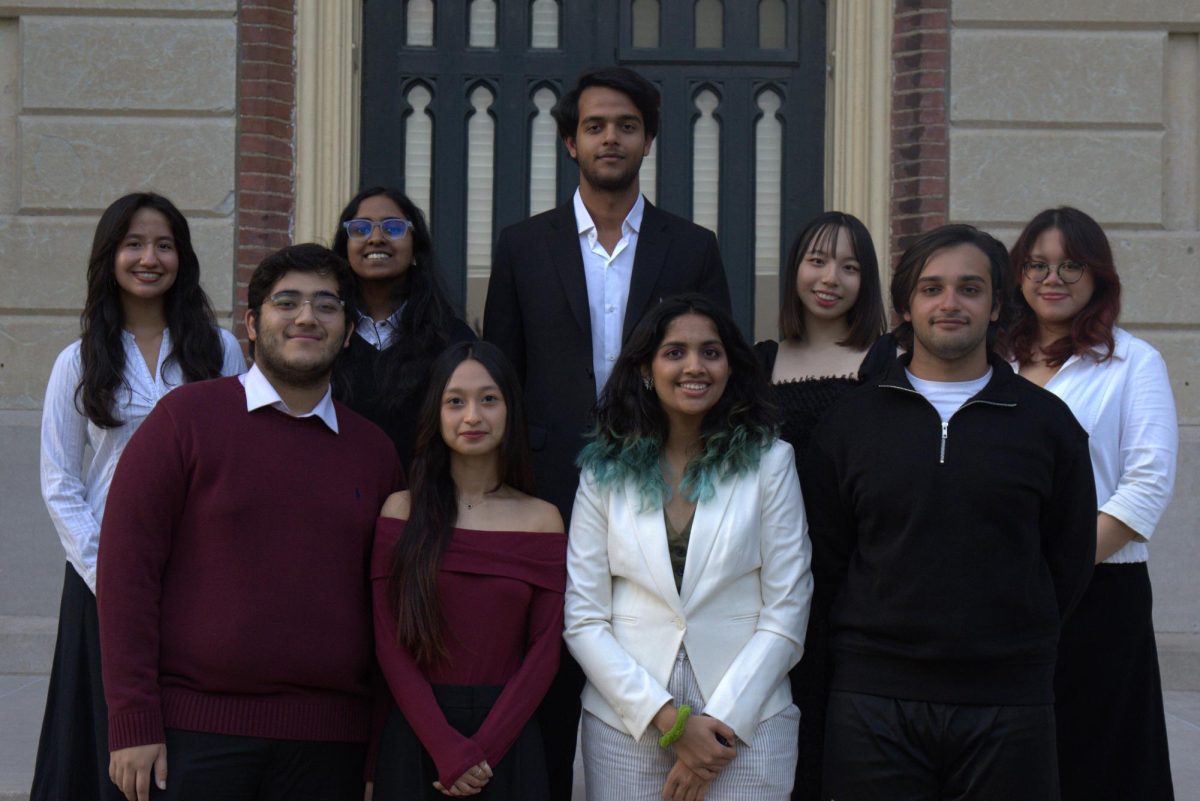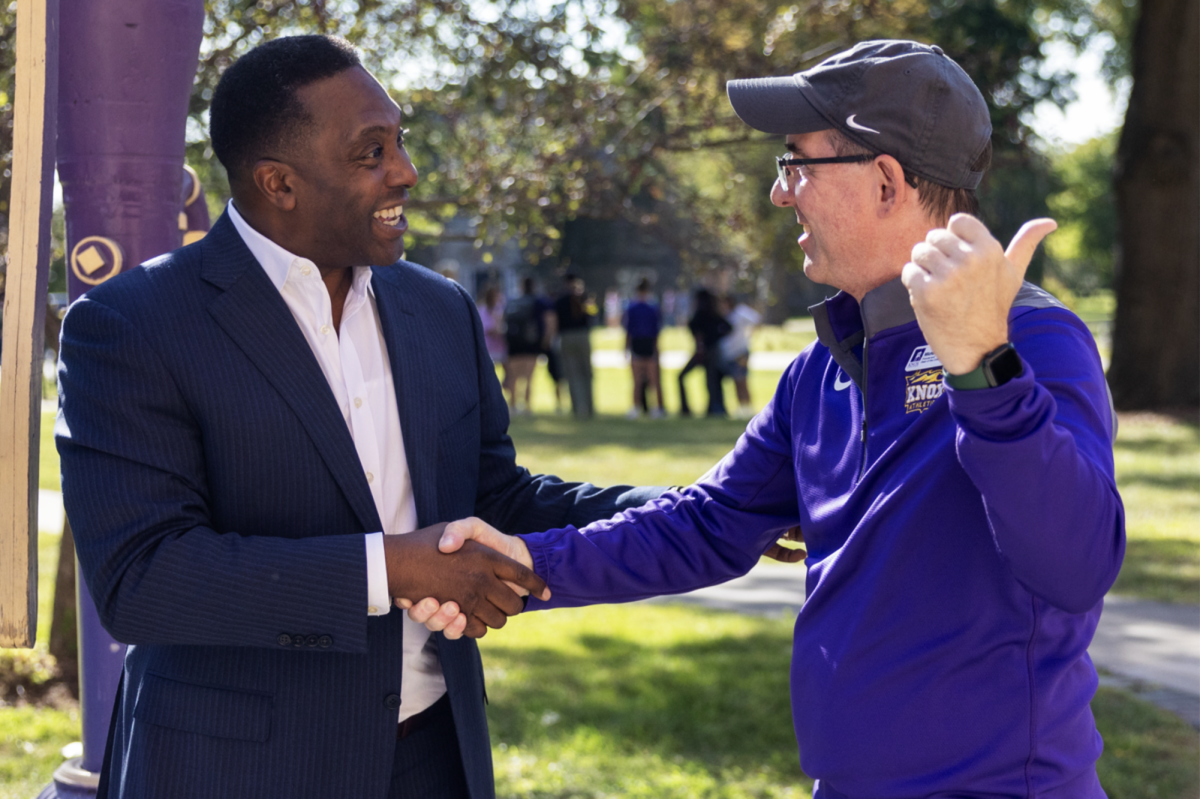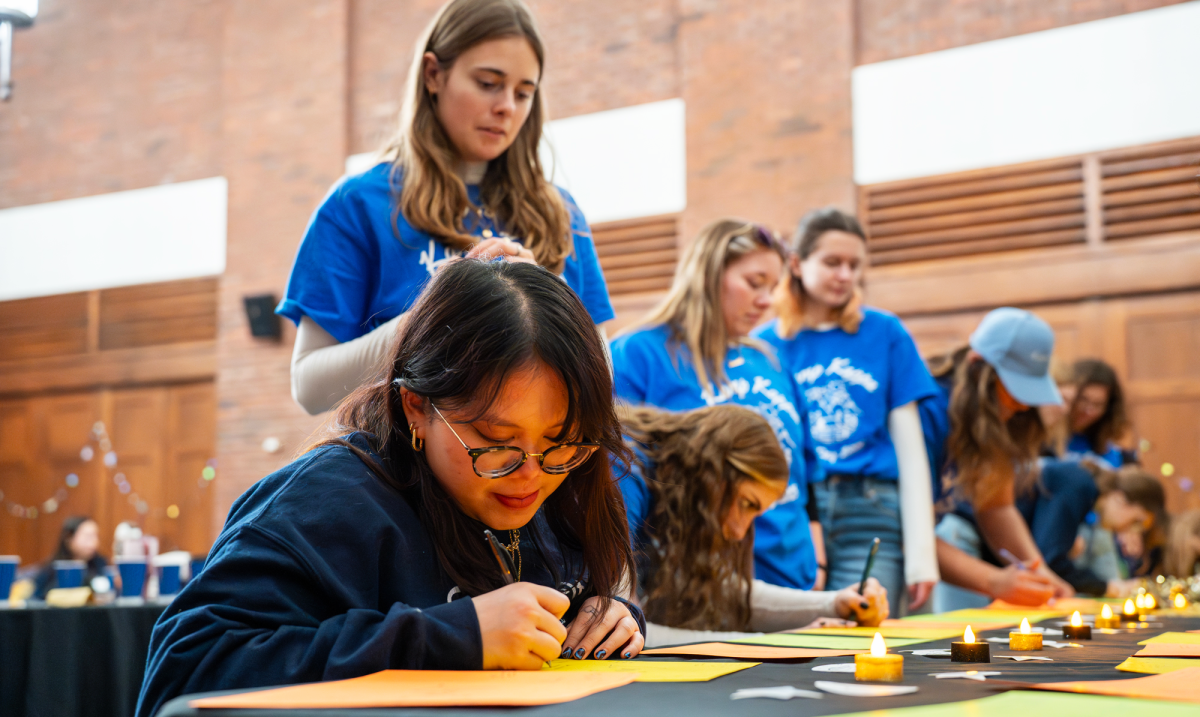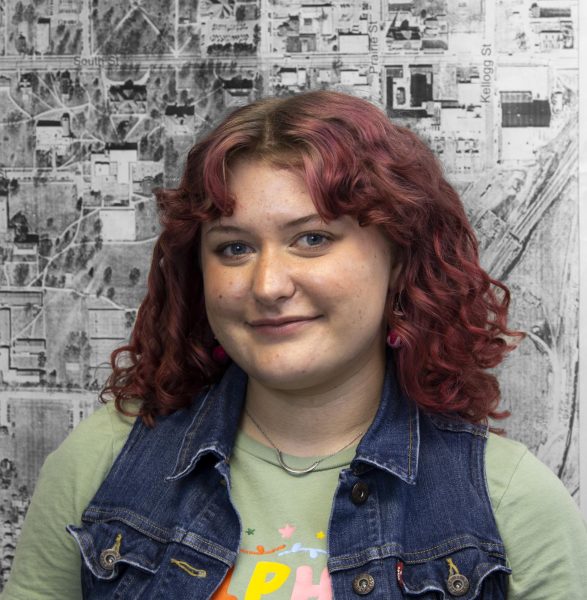McGadney shares his vision for Knox
Many know of him, but many may not know anything about him. President Andrew “Andy” McGadney stepped into his new role as president of Knox College last June. With one fall term finished, and the beginning of winter term online due to COVID-19, many students—first-years and fifth-years alike—may be wondering more about who he is, and what his plans are for Knox College.
McGadney grew up in Bloomfield, Connecticut, a suburb of Hartford. He attended public schools through high school, and then went on to Wesleyan University, a small liberal arts university in Middletown, Connecticut. From there, he spent time at Columbia University, where he received his Masters in Public Administration and Policy, and then received his Doctorate in Higher Education Management from the University of Pennsylvania.
He wrote his doctoral dissertation on how presidents of small liberal arts colleges make decisions during moments of crisis. In his work, he found that the most important themes in successful colleges were communication, leadership, trust and transparency. Teams that understand their positions well and can step out of the box in times of need are important as well.
“I’ve always had a real passion for education, and even more so, a passion for small liberal arts institutions,” McGadney said.
To McGadney, crisis planning is essential: in his work, he has found successful institutions have strong crisis-planning cultures. The redundancies that result from preparing for crises were key for the institutions he worked with. Before Knox, McGadney was Director of Development and Fundraising at Wesleyan University for 12 years. He then moved to Clark College as the Vice President for University Advancement, and worked most recently at Colby, where he was Vice President and Dean of Student Advancement.
After former President Teresa Amott announced her retirement, Knox began its search for a new president. The search committee was made up of Knox faculty and staff, Knox students, and Galesburg residents. To find applicants, the committee hired a consultant to help put out ads and contact their connections for recommendations. From there, the committee narrowed down the list of applicants until they had a list of semi-finalists they wanted to interview.
“We had to define, as a committee, what kind of candidate we wanted, [and] the qualities that we wanted for somebody to be our president. One of the biggest things that we wanted is somebody who had an affinity for liberal arts colleges and had really touched a liberal arts college,” said Tony Etz, chair of the Knox College executive committee board and of the search committee.
Due to COVID-19, the search committee had to hold interviews on Zoom. To preserve the traditional smaller setting of an interview, but still ensure the whole committee could speak to the candidates, the interview process was broken into two sections. Every semi-finalist candidate spoke to the entire search committee, which was composed of 20 people. After speaking to everyone, the committee broke into small groups of 6 people, with a mix of faculty, students, and community members in each group, to allow the candidate to answer their questions in a smaller, more intimate setting.
McGadney felt that, through this interview process, he got a chance to engage with the search committee and learn more about the Knox community. He learned that many Knox faculty and staff live and participate in the Galesburg community.
“You have faculty and staff that are not only living and working in Galesburg, but they’re raising families in that community. They’re in the community, and they care deeply about the place. That came through during all of the interviews, through all of the discussions,” McGadney said.
McGadney also said he felt that the specific questions the committee asked indicated how much they cared about Knox.
“I had a Zoom session with 20 or 25 students, and they were passionate about the things they were asking questions about. Whether it was student mental health or accessibility issues on campus, the questions that your fellow students were asking were things related to improving the institution. You only ask those kinds of questions, or you only engage in those kinds of questions and discussions if you care about the place,” McGadney said.
The questions and concerns the committee raised were significant to McGadney, but the people in the committee were important as well. The committee included not only Knox students and faculty, but Galesburg community members as well.
“I was really proud and appreciative of the fact that the search committee included several members of the Galesburg community as part of the interview process,” McGadney said.
The relationship between Galesburg and Knox is one he plans to focus on while president. The interview process showed McGadney that community members are dedicated to Knox, and he says he is looking forward to his time at Knox. The search committee felt similarly about McGadney.
“It was obvious to us that people loved his energy, loved the ideas he had, but also had a sense that he would be able to execute those ideas. That he would be able to achieve the things he had, the ambitions he had for the college,” Etz said.
In considering the future, McGadney considers Galesburg a part of Knox’s success. He believes that for Knox to succeed, Galesburg must succeed, and vice versa. One of the parts of real success, he believes, will be creating a unique playbook for the Knox and Galesburg community together, rather than trying to imitate that of another institution. That plan will create something long-lasting and helpful for both Knox and Galesburg. Specifically, McGadney wants to focus on the long-term future of the institution.
“My goal will be to always keep the college, and the college’s interests and needs, at the forefront,” McGadney said. “What I would love to be able to see—and this is something that needs lots of conversation and development—but I would love to see the college move in a direction where we’re looking at what I would describe as a comprehensive campaign effort, where you are identifying not only needs but aspirations on what is possible.”
While McGadney knows he can’t say yes to everything, he hopes that, through listening and taking the community’s concerns seriously, that even if those concerns aren’t fixed immediately, the people will know that their concerns matter to him.


